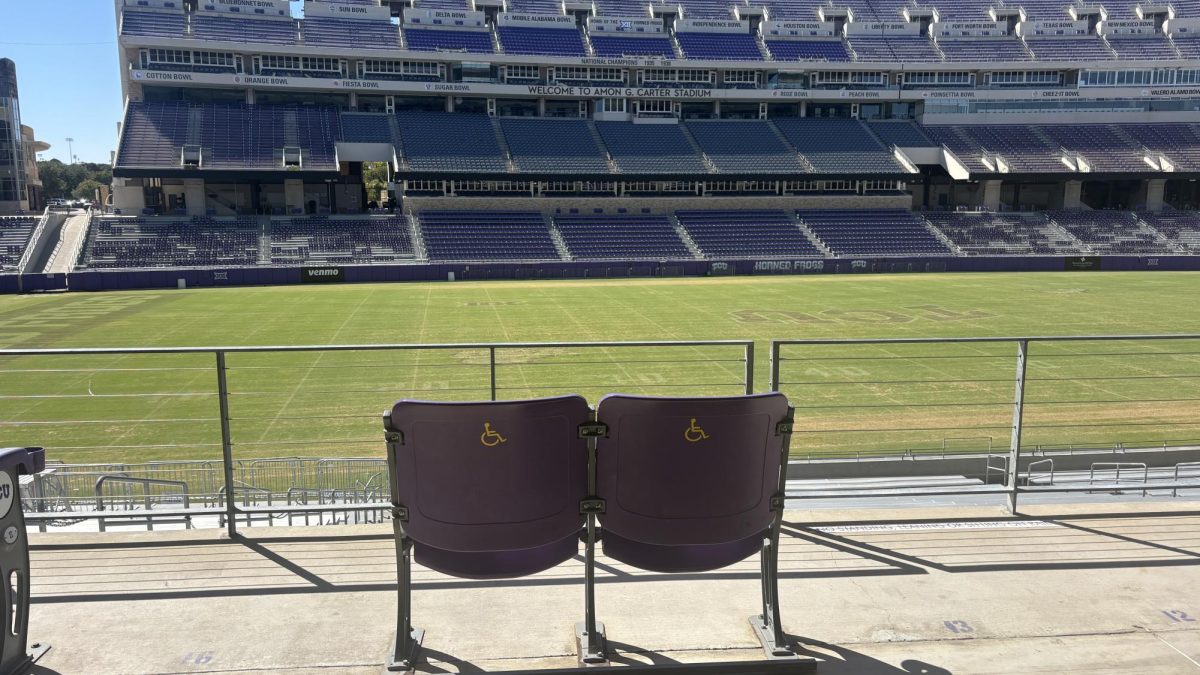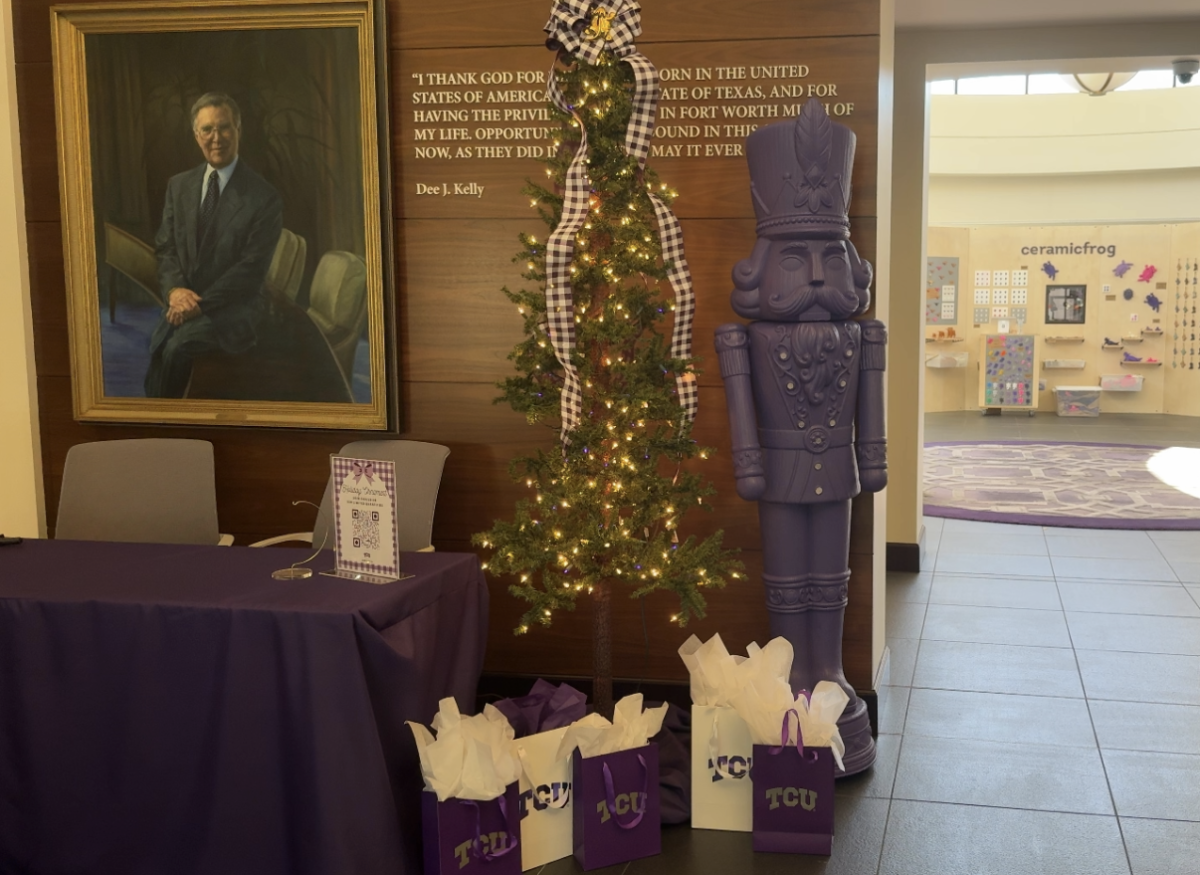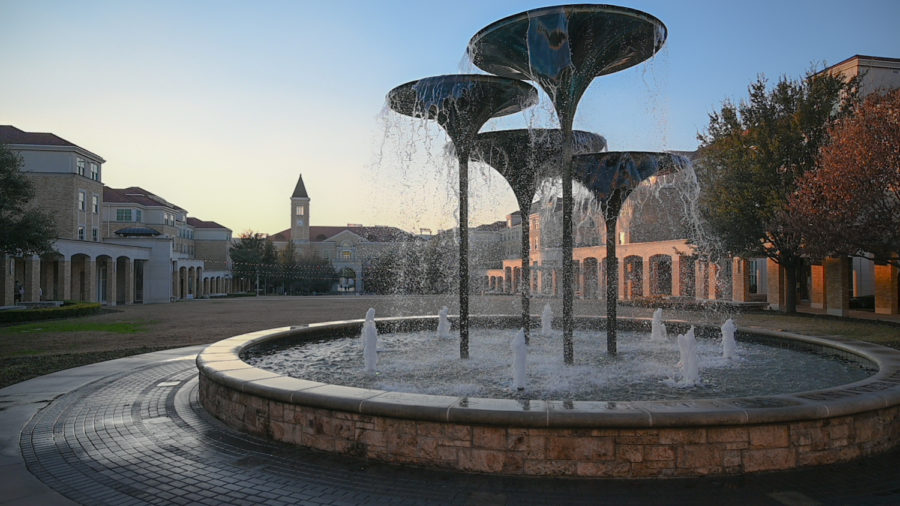Some fans question whether the university is doing enough to make the game-day experience accessible to everyone, as obstacles for fans with disabilities continue to persist.
University officials said TCU offers accessibility services, including reserved ADA parking, accessible seating and elevators to make the stadium easier to navigate for fans with disabilities.
Senior Associate Athletic Director for Ticket Operations, Sean Conner, said the university provides about 150 ADA parking spots near the stadium and accessible seating on every level of the stadium.
Despite these accommodations, ADA parking is often sold out, making it difficult for students like Ashton Fritz, who uses a wheelchair, to participate in the game-day experience.
“It is often hard for me to find parking with my wheelchair van,” Fritz said. “That’s frustrating, and I don’t see TCU doing much to improve accessible parking on game days.”
Fritz said the university does a decent job providing accommodations, but obstacles remain that limit the full game-day experience. Parking, he added, is just the beginning of the challenges he faces.
The next challenge is the obstructed views from accessible seating. Seats are sometimes located far from the action or blocked by the band. This makes the game much harder to follow and less enjoyable.
“There are often people blocking your view and in the way as you navigate the stadium,” Fritz said. “It’s a lot like going through a concrete jungle.”
Fritz said he would like TCU to make a greater effort to ensure the game-day experience is smoother and more enjoyable for disabled fans.
Accessibility can be a challenge not only for students but also for community members who regularly attend TCU football games.
Frog fan Jessica Cunningham regularly attends games with her husband, who uses a wheelchair. For her, attending games has generally been a positive experience, but not without challenges and frustrations.
Cunningham said the stadium’s seating options and ramps are placed appropriately, but the elevators are crowded and hard to find. The larger issue, she said, is poor communication from stadium staff about where accessibility services are located.
“When we went to our first game, none of the staff could tell us where to go,” Cunningham said. “We finally figured it out on our own.”
Something as simple as staff training and awareness could make a big difference in improving the game-day experience for all fans, Cunningham said.
For fans like Cunningham and Fritz, football season is more than a game; it is a way to feel included. As TCU continues to make improvements to the game-day experience, they hope accessibility will remain part of the conversation.










